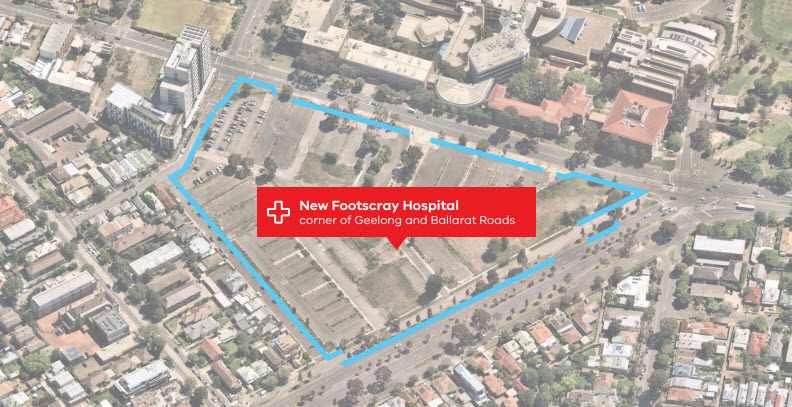Sunshine Hospital mental health beds expansion project - Community information session
The community were invited to attend this information session to find out more about the new mental health facility to be built at Sunshine Hospital, St. Albans.
McKellar Centre mental health beds expansion project - Community information session
The community were invited to attend this information session to find out more about the new mental health facility to be built at the McKellar Centre, Geelong.
Yarram Integrated Healthcare Centre
The Victorian Government invested $4 million to build the new Yarram Integrated Health Centre.
The centre brings together a range of community health services under one roof, including allied health, community support, general practitioner services, mental health and pathology services.
New Footscray Hospital - Site preparation works update (12 March 2021)
The Victorian Government has provided up to $1.5 billion to deliver a new Footscray Hospital – the largest ever health infrastructure investment in the State.
With the official start of construction expected soon, the Victorian Health Building Authority advises that further activity will be taking place to prepare the site on the corner of Geelong and Ballarat Roads, Footscray.
What’s happening?
Preparation works are continuing on the site of the new Footscray Hospital.
With construction expected to start in the coming weeks, additional works are being carried out in readiness.

Work hours and activities
Some of the works you will see include:
- clearing and grubbing the site area, including the final trees being removed within the site area
- finishing the hoarding installation around the site
- site amenities and a project office will be set up for the project team to use and work out of
- increase in truck movements as we bring materials, machinery and equipment to site and remove spoil.
Works will be undertaken during Monday to Friday, 7.00am – 8.00pm and Saturday 9.00am – 6.00pm and in accordance with the Maribyrnong City Council Local Law.
Minimising impacts
Wherever possible, noise generating activities will be scheduled during the day to minimise impacts to residents.
There will be some increased vehicle and people movement, localised noise, dust and vibration during construction and these impacts will be regularly monitored and reduced wherever possible.
For your safety
Please remain alert around the construction site and follow any signage in place as changes may occur daily.
Traffic controls will be in place to ensure the safety of pedestrians, cyclists and vehicles.
Additional information for residents
Residents in close vicinity of the site, including those on Federal and Tiernan Streets, will be contacted by door knocking soon and provided with further information about construction and upcoming works – keep a lookout for the team!
How can I stay informed?
Information on the new Footscray Hospital is available via our dedicated project page.



